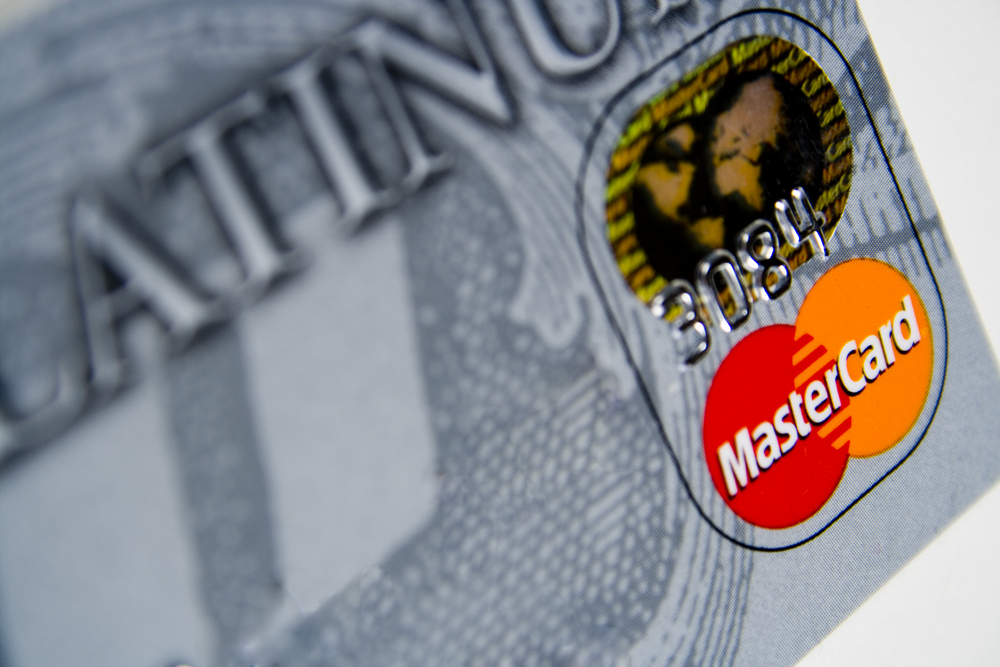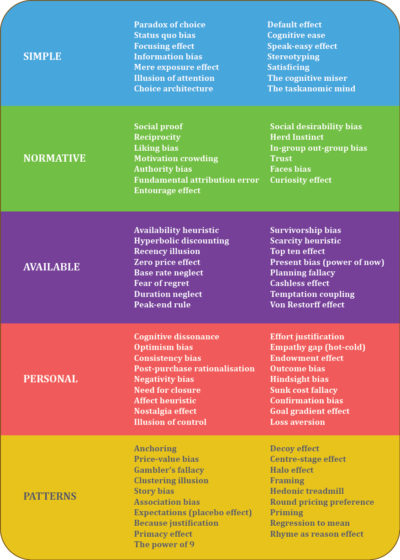This is the time for sales and promotions around the world, from the madness of Black Friday to the January Sales that promise to give us so much more for so much less. But are sales and discounting really in the interests of business and brands? The evidence is pretty clear – the answer is a resounding NO.
In reading through the (limited) literature on the psychology of pricing and the impact of pricing on brands, I have found (at least) ten good reasons why promotions and sales are bad for brands and business.
- However well you promote your offer, many shoppers may be unaware of it, even if they buy the brand. Research shows that only around half of shoppers actually know that items they buy are on promotion to sale meaning that the promotion had no impact on their behaviour (for example, at least 40% of buyers would have bought the item anyway, promotion or no promotion).
- Sales and promotions have dubious ROI (return on investment) as often the hidden costs are higher than any benefit from the promotion (see the next point), and benefits only accrue from a very small proportion of the buyers.
- There are many hidden costs, and particularly the loss of profit margin from sales that would have happened anyway. In one study of 3,000 promotions cited by Sorensen (see below) only on-third of sales were truly extra sales, and two-thirds of sales came from the loss of margin from those who would have bought the brand anyway.
- Deal shoppers are not loyal and do not build long-term business. In some categories up to 80% of promotional budgets are captured by sales that come from ‘deal’ shoppers.
- Some studies have shown that around 70% of promotions lose money for the manufacturer / brand, but retailers do better than this with 75% of promotions making money for them. Having said that, 1 in 10 of promotions lose money for both manufacturer and retailer!
- When you discount your price, the incremental sales needed to recover lost revenues are disproportionate to the discount offered. For example, consider a brand sold at $1 with 25% profit – if a promotion offers a price of 90 cents (10% discount), this leads to a 40% loss in profit requiring a 67% increase in sales to cover the costs.
- Shoppers don’t often know what they pay for products (in some studies more than 50% of shoppers were unable to say the usual price of a purchased product with reasonable accuracy, and the percentage was worse for infrequently purchased categories).
- Promotions just move sales forward, but do not increase total sales volumes, giving manufacturers a short-term lift but making sales and revenues more volatile and less profitable.
- Promotions do not create any new customers, they just alter the behaviour of existing customers and ‘deal’ shoppers who will never be loyal customers.
- Promotions are very bad news for the long-term strength of brands as they undermine brand value perceptions (price is a key driver of brand positioning) and they drive categories to focus on the importance of ‘deals’. Research shows that some categories are now more driven by the mindset of ‘deals’ more than the mindset of ‘brands’.
All of these arguments make it clear that promotions and sales do more harm than good to long-term brand building, and favour the retailer above the manufacturer. The evidence is clear and loud – if you want to build a brand, build based on the value of the brand not the price of the product.
REFERENCES
Marketing: Sales, evidence, practice by Byron Sharp
The Shopper Marketing Revolution: How marketing must reinvent itself in the age of the shopper by Desforges & Anthony
Inside the Mind of the Shopper: The science of retailing by Herb Sorensen
The Psychology of Price: How to use price to increase demand, profit and customer satisfaction by Leigh Caldwell







